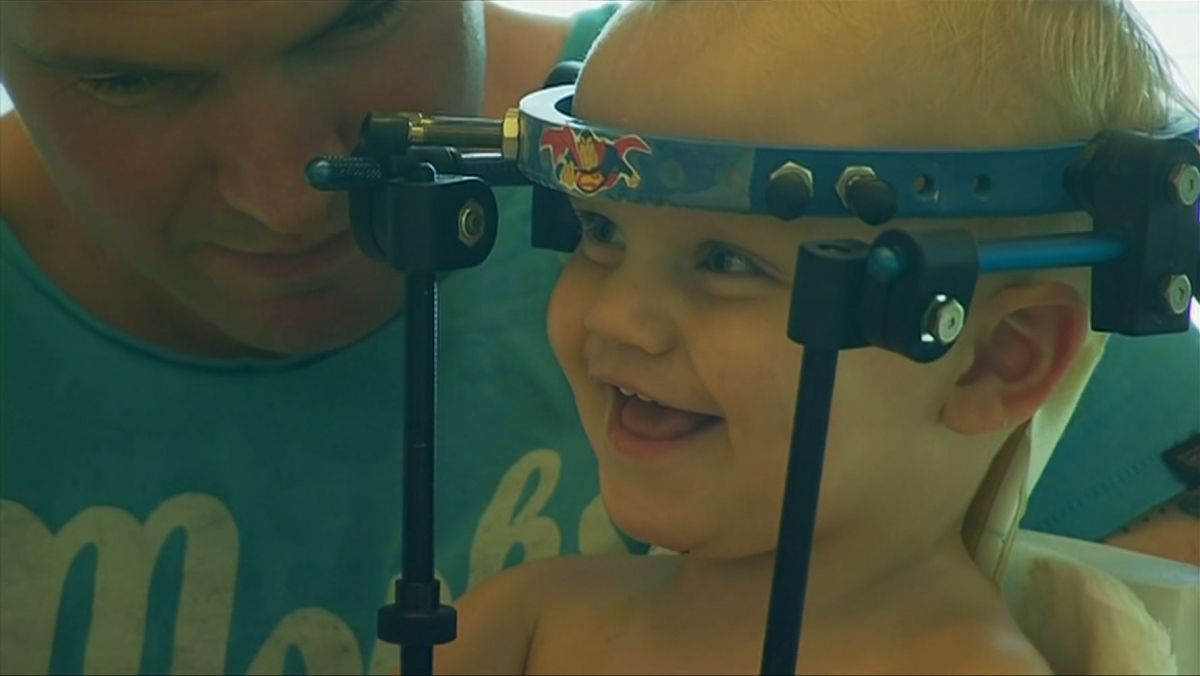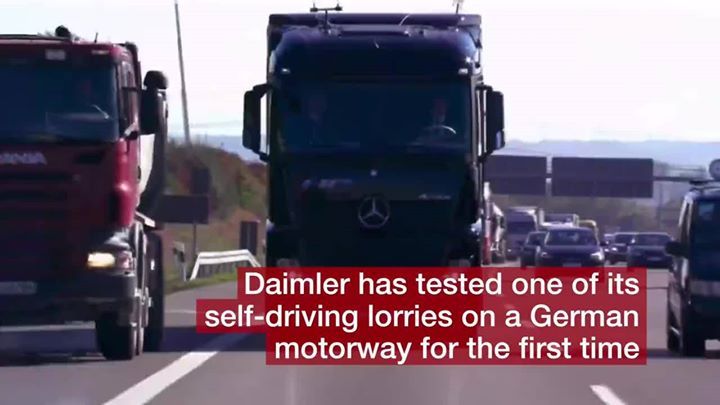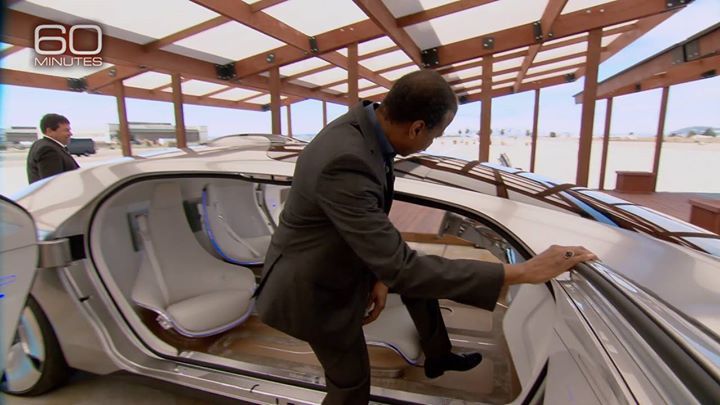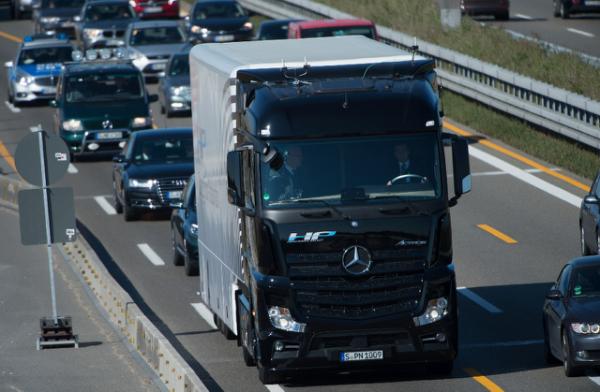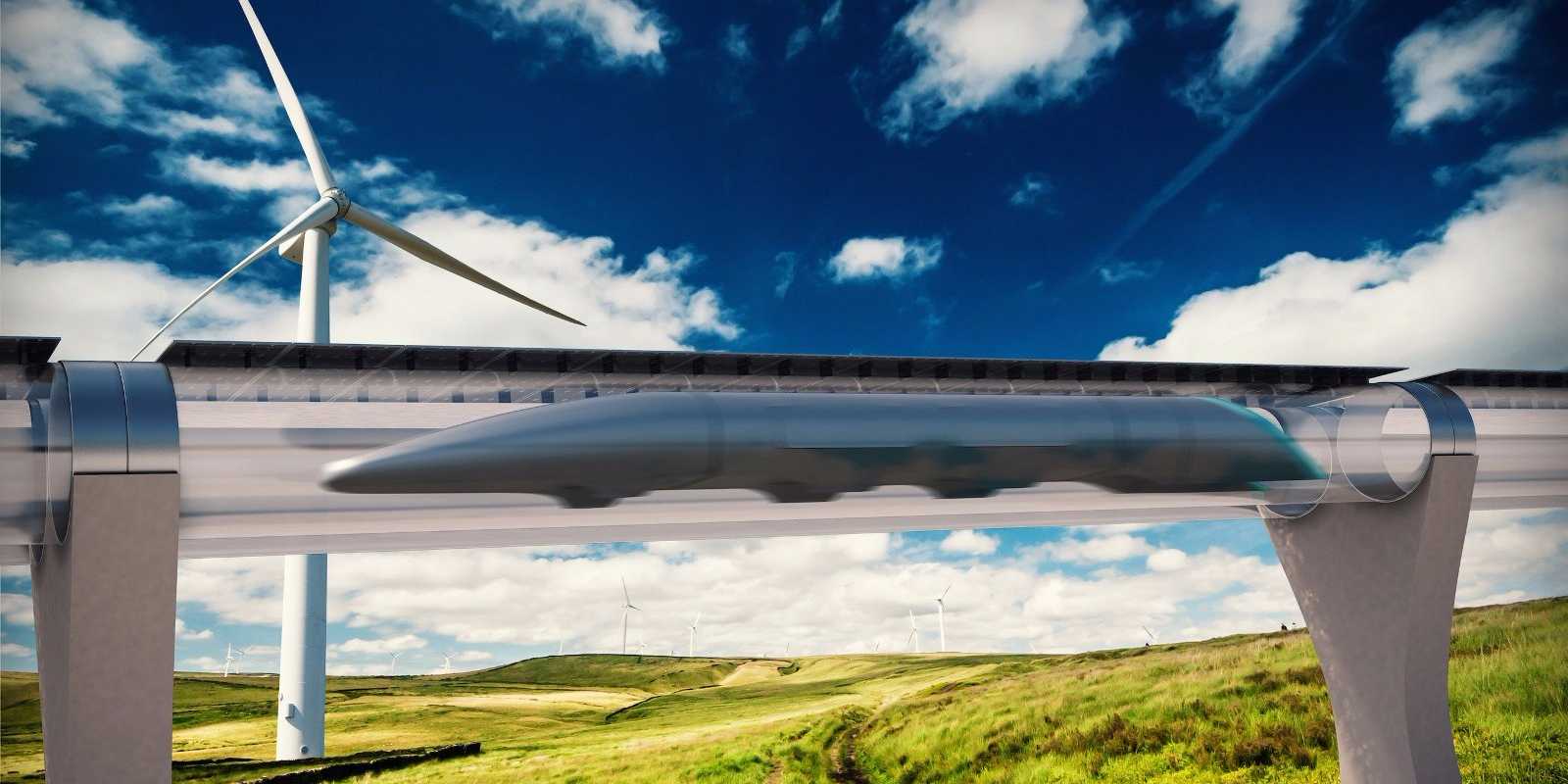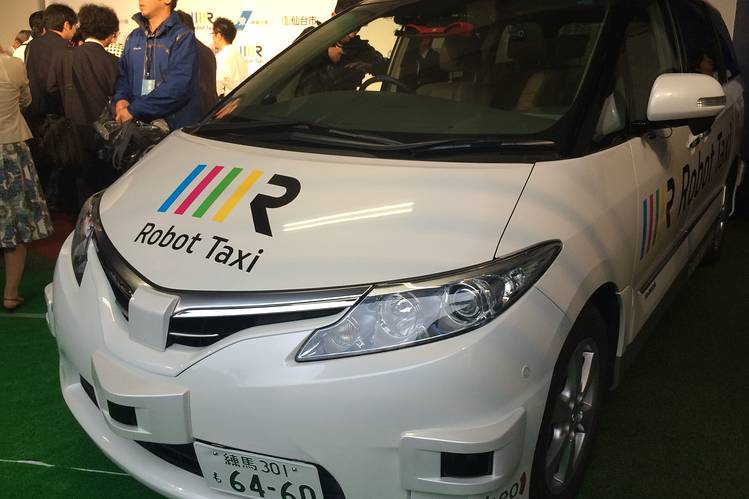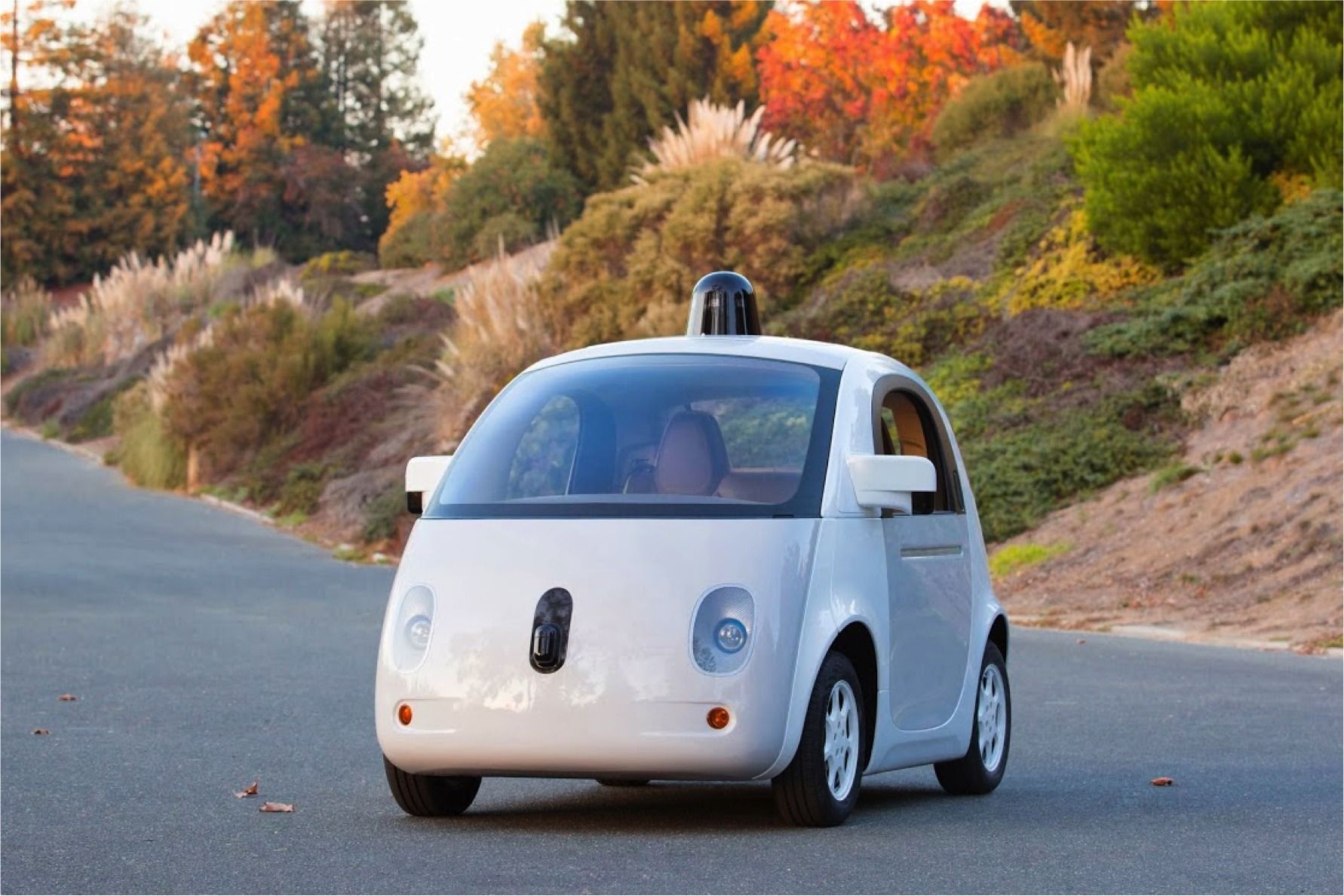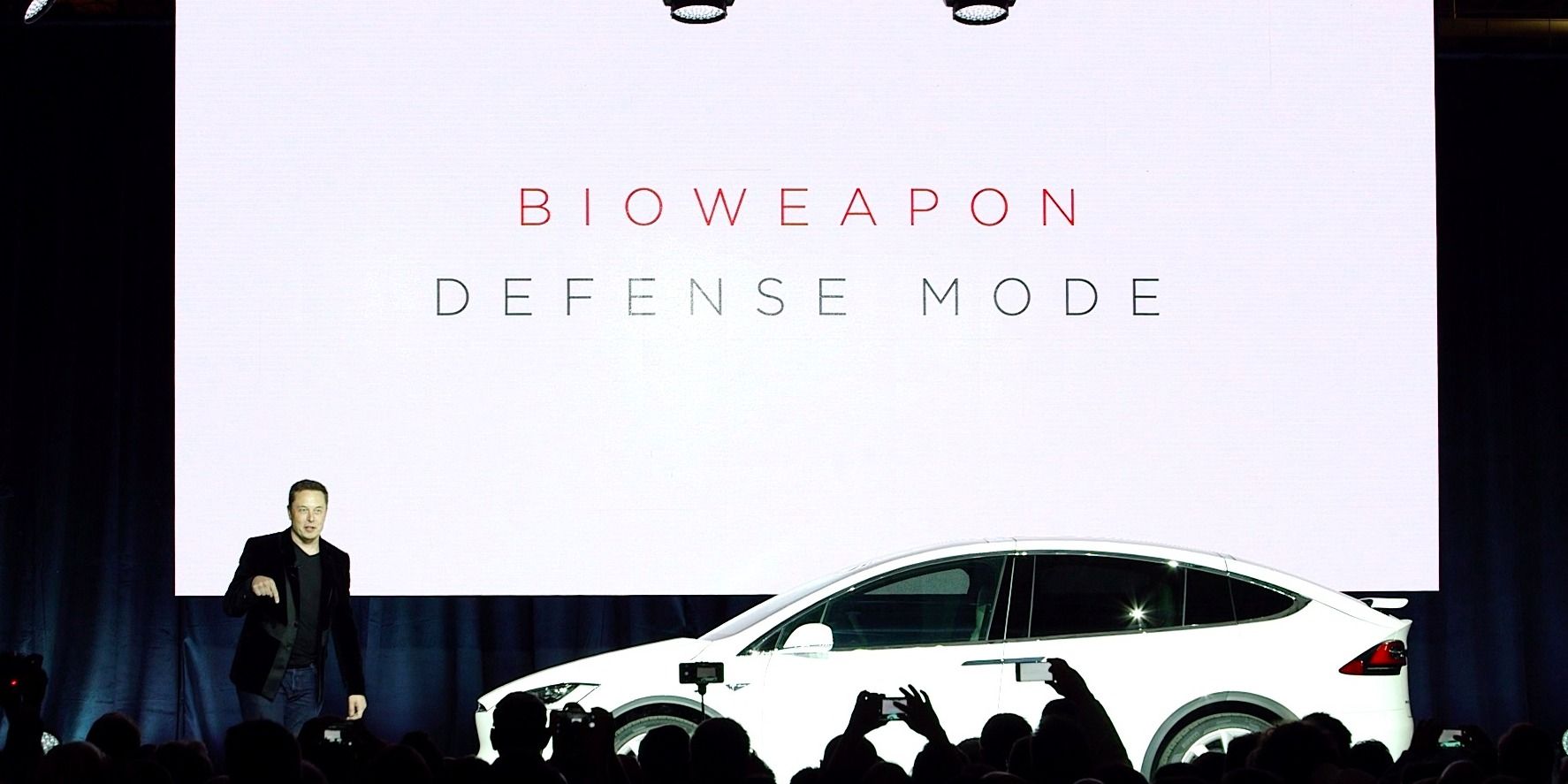![]()
At the end of last week, solar technology company SolarCity, which was co-founded by Tesla CEO Elon Musk, made headlines when it announced it had developed the most efficient rooftop solar panel to date, with a module-level efficiency of 22.04 percent. Now, just a few days later, Panasonic has one-upped them by announcing a rooftop panel prototype that’s nearly half a percent more efficient.
“Sorry Elon, I’mma let you finish…” and, well, you know how that pun goes. What’s cool about Panasonic’s record-breaking prototype is that it was mass-produced, and able to convert 22.5 percent of sunlight into electrical energy straight off the production line, which means it’ll be easily commercialised and presumably relatively cheap for consumers.
Right about now you’re probably wondering why this is a big deal, when researchers have already managed to convert the Sun’s rays into electricity with more than 40 percent efficiency, and just last year Panasonic themselves announced they’d made a solar cell with 25.6 percent efficiency.
Read more
